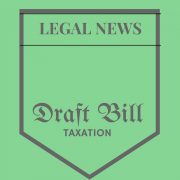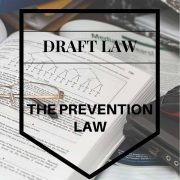Uber and Airbnb – are they legal or not?
As happened in many other countries, companies like Uber and Airbnb are in Romania subject to many discussions regarding the legality of their activity.
Lately, a draft law was submitted to the Romanian Parliament in an attempt to tax the transactions that are being made through these sites.
Basically, the document defines these transactions made through a tech platform as being part of a so-called “access economy”, a term that is also giving the name of the law. As it tries to define some terms like “tech platform”, “supplier” and “customer” and the relations between the suppliers, the draft law talks about an auto-regulating and taxation of the suppliers’ incomes according to the Fiscal Code, where they are legal entities, or according to the regulations regarding the incomes coming from the independent activities, but without being necessary to establish a company, where they are natural persons.
Furthermore, the owner of the tech platform must issue a document stating the transaction which has the value of an invoice and the supplier is obliged to make sure that this happens.
At the end, the law provides the facts that represents offences and the fines for their committing.
The explanatory memorandum of the draft law states that the document comes as a covering for the legislative gap in the “access economy” area by defining this type of economy, clarifying some elementary terms and regulating the rights and obligations of the participants in this type of economy, as well as the rules of taxing the profit. Moreover, this memorandum specify explicitly that this law is meant to regulate transactions that are being made through platforms like Uber, Airbnb and other sites like these ones.
The document was tacitly adopted by the Senate and is now under procedure in the Chamber of Deputies, where it received a favorable appraisal from the Legislative Council, but with some amendments, and a favorable one from the Judicial Commission.
Not only that this law makes it all more confusing, but it does not set procedures for the obligations it regulates and creates a hybrid way of taxation by making some incomes subject to taxation without being necessary for them to be collected by a legal entity and, therefore, to be indicated in an accountancy.
The draft law can be found here .





Leave a Reply
Want to join the discussion?Feel free to contribute!